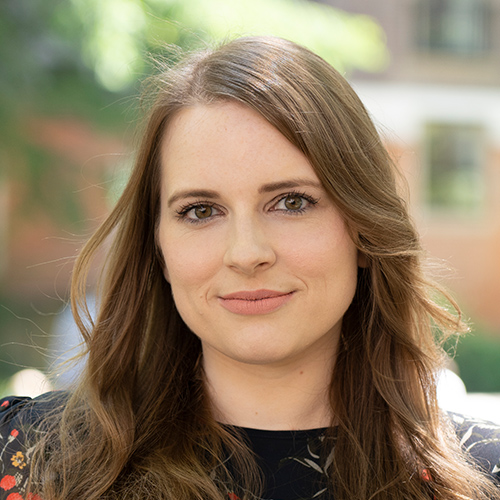I don’t know about you, but I really enjoy solitary visits to coffee shops. I vacillate between reading, journaling, and people-watching whilst luxuriously sipping on a flat white. There’s something comforting about aloneness in coffee shops, surrounded by other caffeinated souls who always seem to be jotting significant existential thoughts into a leather notebook. Coffee shops are safe spaces for time to oneself.
But restaurants? Restaurants are not safe. Dining alone is, in my mind, reserved for grumpy businessmen and wealthy spinsters, who insist their overfed chihuahua samples the duck confit. Unfortunately, on a recent excursion into central London, I had no choice but to endure solitary culinary consumption and ended up making a series of pitiful health choices in Shake Shack. This choice was fortunate in alleviating my companionless experience; as I munched on fries drenched with cheese-flavoured orange goo, I noticed that I was surrounded by many other solo diners. This surprised me. When you’re constantly with friends, it’s easy to forget that there are a lot of people who are alone in this city. It was strangely cathartic being ‘alone together’, an experience that seems increasingly familiar in 21st century London.
There is a universality to loneliness that means you probably know exactly what I’m talking about. We have all experienced the sense of dull emptiness, the self-talk that tells us we are forgotten about and unloved. This isn’t just down to lack of companionship; loneliness can be experienced by happily married couples, by busy executives, and even celebrities surrounded by thousands of admirers.
As an almost-thirty single Londoner, I feel reasonably equipped to talk about loneliness. Despite the many advantages of the single life, this is its chief foible. As friends get hitched, procure dream homes and start popping out darling little cherubs, you start to feel the acute sense of being left behind and that watching Netflix in your pants doesn’t quite fit the glamorous single life you used to lead.
Ironically, I’m not alone in my propensity for loneliness — after all, Great Britain is supposedly the loneliness capital of Europe. An astonishing 60% of 18–34 year-olds and 62.5% of married adults experience it, not to mention the heart-breaking 2.5 million elderly people who suffer from feelings of isolation [1]. Many have spoken of a loneliness ‘epidemic’, blaming cuts to public services, breakdown in communities, and the distancing effect of social media. Whilst I have no doubt there is a problem, hasn’t loneliness always remained the troublesome side of being human? As Joseph Conrad beautifully captured in Heart of Darkness, ‘We live as we dream — alone.’ Could it be that the root cause of our loneliness goes deeper than mere cultural shifts and societal norms?
When I think of loneliness, I often think of my dad. At 19 he went to work abroad, but it soon became apparent that the other men at the factory were difficult to befriend. Naturally, with a lack of companionship in an unfamiliar place, he began to feel very alone. When a colleague finally agreed to go for a drink one night but never showed up, my dad went home feeling utterly dejected and — to put it bluntly — so lonely that he didn’t really want to live anymore. At that time of utter despair, he wandered into the local church and was befriended by an older couple, who gave him the precious companionship he’d longed for. Because of their kindness, he came to believe that maybe there was something real about the God they believed in, a God he had previously scorned. That experience of loneliness completely changed his life.
Perhaps you’ve had a negative experience of church, and none of this makes sense to you. Certainly many churches are far from what they should be, but a healthy church at its core is not a building or an institution; it is a body of people, a community and a family. Like my dad, I too have experienced a loneliness transformed through becoming part of a church. When a community is fundamentally called to love each other, it doesn’t value people for their wealth, looks, or social status — it sees souls that are inherently valuable to God.
We’re tempted to believe the lie that there’s no one who truly loves us, when in fact, we are so precious to God that even the hairs on our head are numbered. Ultimately, we feel lonely because we lack the relationship that we were created to experience, one beyond even friendship, kinship, or spousal love. Loneliness is a call to enjoy a relationship with God.


